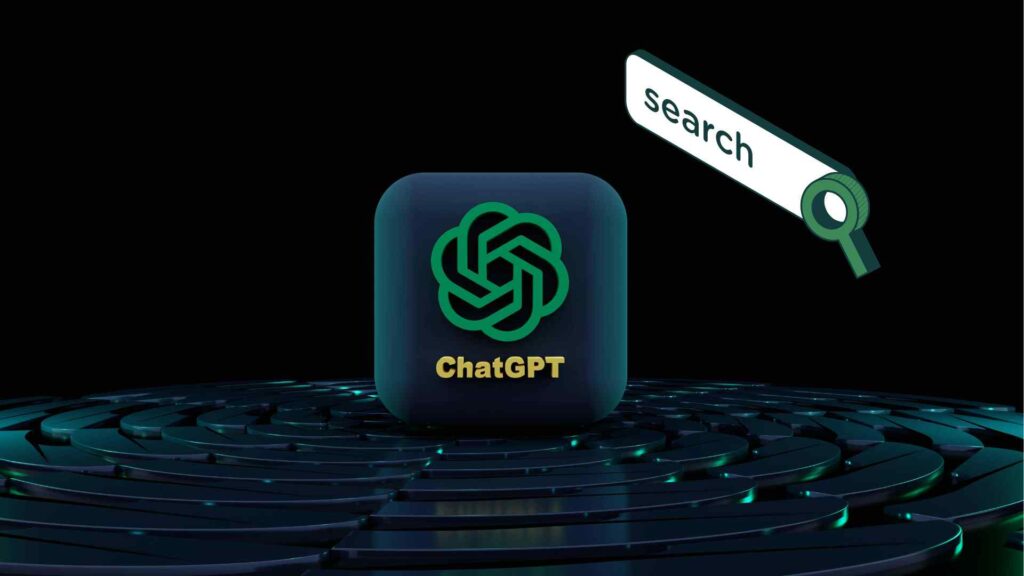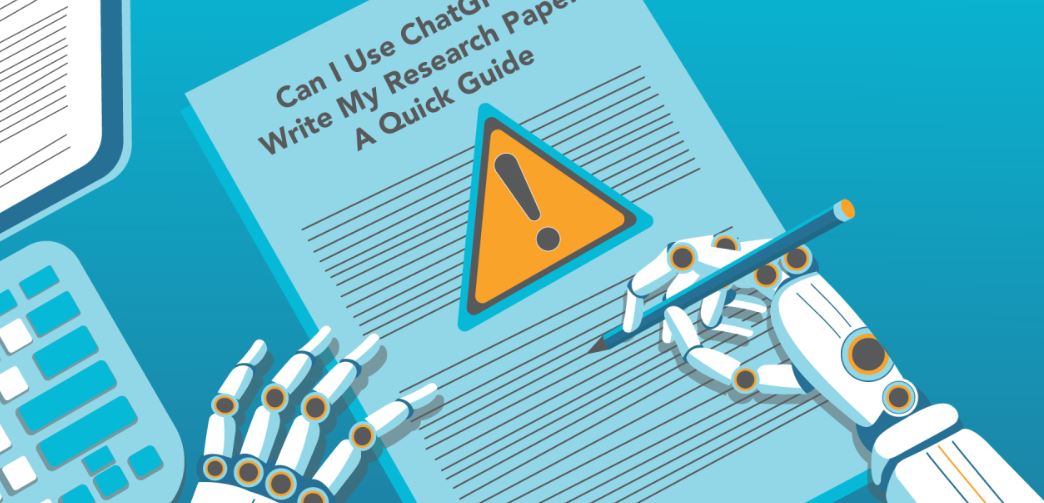ChatGPT is a powerful AI tool that can assist researchers, students, and professionals in gathering information, summarizing data, and generating insights. Whether you’re conducting academic research, writing a report, or exploring new topics, ChatGPT can streamline the process and enhance productivity.
In this guide, we’ll cover how to use ChatGPT for research effectively, its limitations, and best practices.
1. Why Use ChatGPT for Research?
AI-powered research assistants like ChatGPT offer several advantages:
✅ Quick Information Retrieval – Provides instant answers to queries.
✅ Summarization & Analysis – Condenses long texts and extracts key points.
✅ Idea Generation – Helps brainstorm research topics and hypotheses.
✅ Language Assistance – Improves grammar, paraphrases text, and translates content.
✅ Coding & Data Analysis – Assists with programming, debugging, and data processing.
However, ChatGPT is not a replacement for peer-reviewed research and should be used alongside traditional sources.
2. How to Use ChatGPT for Research Effectively
(a) Finding Relevant Information
🔹 Ask Specific Questions:
Instead of broad queries like “Tell me about cybersecurity,” try:
✅ “What are the latest cybersecurity trends in 2025?”
✅ “Summarize recent AI-driven cybersecurity threats.”
🔹 Use Follow-Up Questions:
Since ChatGPT generates responses based on prompts, refining your questions leads to more accurate answers.
🔹 Request Sources and Verification:
AI-generated responses should be cross-checked with trusted academic sources (Google Scholar, PubMed, IEEE, etc.).

How to Use ChatGPT for Research
(b) Summarizing Articles and Papers
ChatGPT can condense lengthy research papers into key takeaways:
✅ “Summarize this article: [Insert text]”
✅ “Give me the main arguments of this paper.”
🔹 Use Case: Students and researchers can quickly extract abstracts, conclusions, and critical data from papers.
(c) Generating Research Ideas & Hypotheses
ChatGPT can help in brainstorming new research topics and refining hypotheses.
✅ “Suggest five research topics on blockchain and cybersecurity.”
✅ “How does AI impact financial fraud detection? List potential study hypotheses.”
(d) Literature Review Assistance
ChatGPT can categorize and summarize existing research on a given topic:
✅ “Provide an overview of AI in healthcare with key papers and studies.”
✅ “Compare the advantages and disadvantages of deep learning vs. traditional machine learning.”
🔹 Pro Tip: Use AI-assisted summaries as a starting point, but always verify sources manually.
(e) Writing & Editing Research Papers
ChatGPT can assist with:
✔ Paraphrasing: “Rewrite this paragraph in a more academic tone.”
✔ Grammar & Clarity: “Check this sentence for clarity and conciseness.”
✔ Citation Assistance: “Generate an APA citation for this source: [Insert link].”
💡 Tip: While ChatGPT can help with writing, do not rely on it for factual accuracy or citations without verification.
(f) Data Analysis & Coding Support
Researchers working with data science, statistics, or programming can use ChatGPT for:
✅ Explaining Code: “What does this Python function do?”
✅ Debugging: “Fix this error in my code: [Insert code].”
✅ Statistical Analysis: “Explain the difference between regression and classification.”
🔹 Use Case: AI-powered coding assistance speeds up research that involves data modeling, machine learning, and automation.
3. Limitations & Best Practices
(a) Limitations of ChatGPT for Research
❌ Not Always Factually Accurate – ChatGPT may generate outdated or incorrect information.
❌ No Access to Real-Time Data – Cannot fetch live research papers or journal paywalls.
❌ Lack of Source Citations – AI responses often lack direct references to academic sources.
(b) Best Practices for AI-Powered Research
✔ Use ChatGPT as a research assistant, not a primary source.
✔ Verify information from reliable sources (Google Scholar, PubMed, IEEE, etc.).
✔ Use AI to generate ideas, but rely on peer-reviewed studies for academic work.
✔ Cross-check AI-generated summaries with original research papers.
4. Final Thoughts
AI research assistants like ChatGPT can enhance productivity, speed up information retrieval, and assist in content generation. However, they should be used responsibly alongside traditional research methods.
🚀 Try using ChatGPT for your next research project and optimize your workflow!





